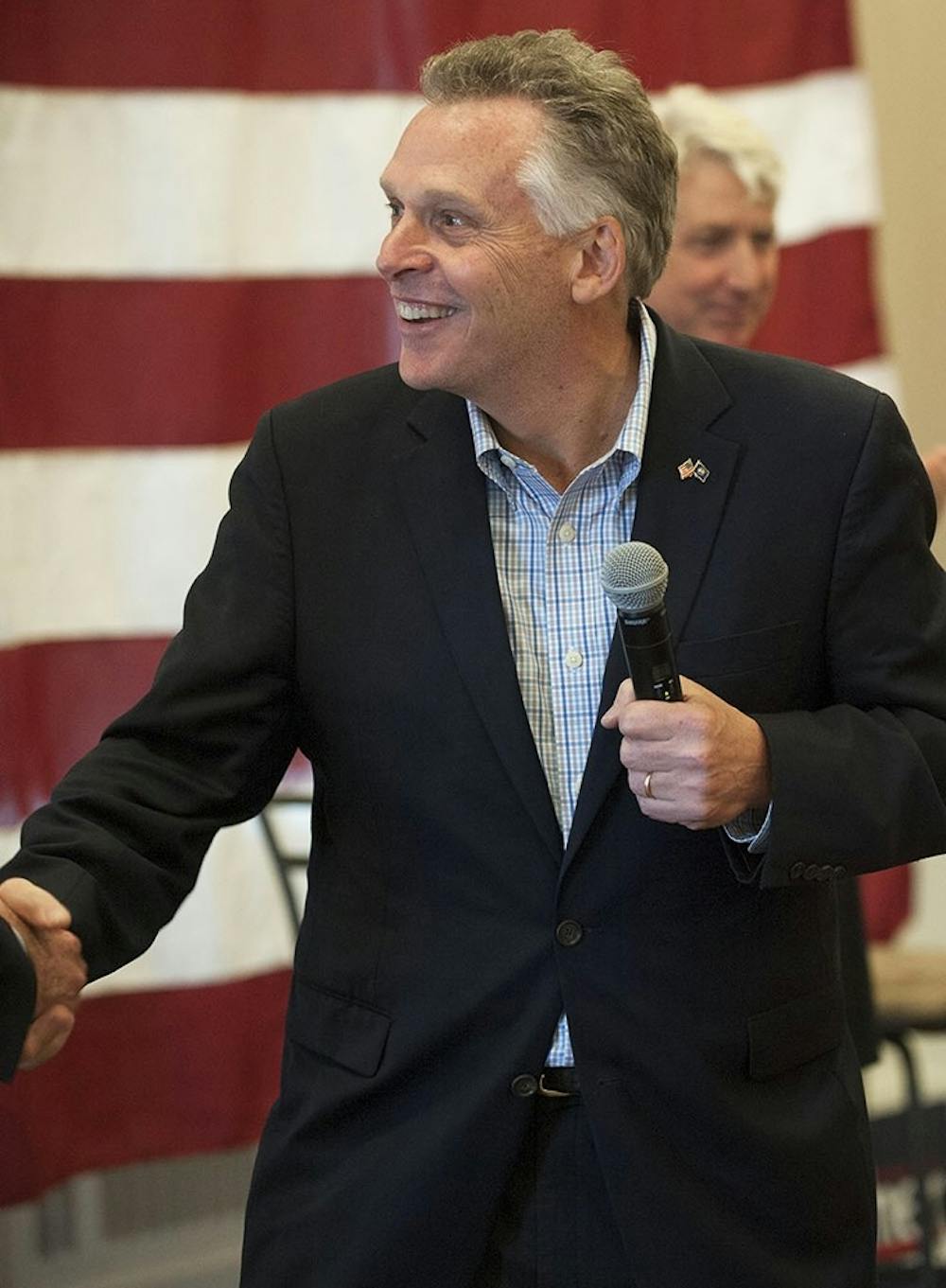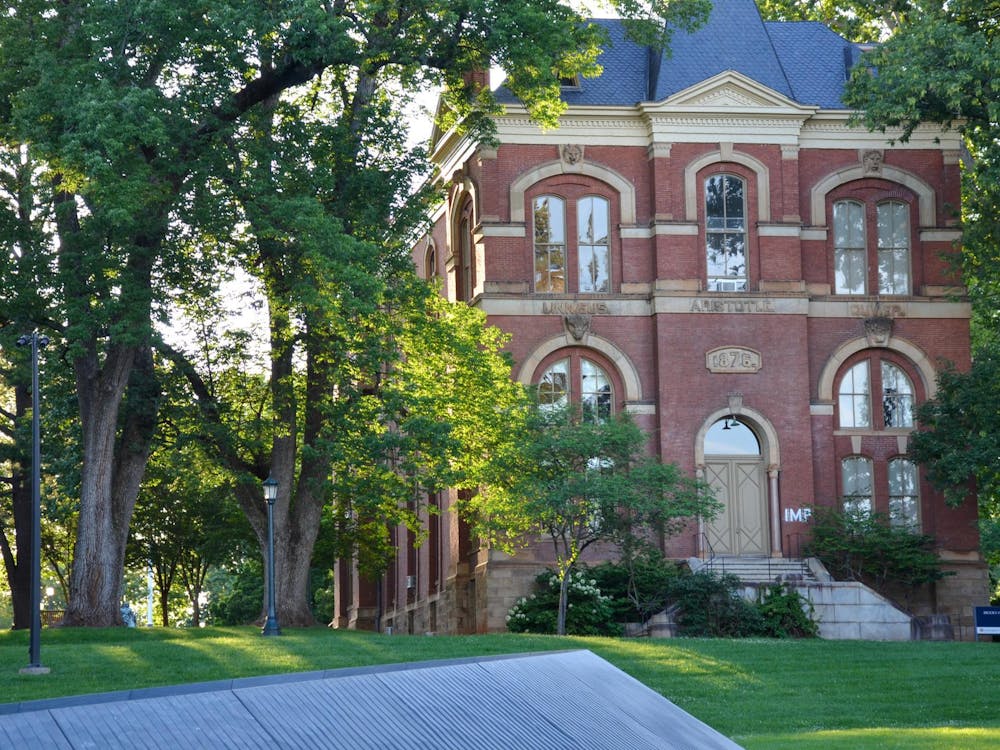Gov. Terry McAuliffe announced Monday he and his staff have started the process of individually restoring voting rights to felons across Virginia.
McAuliffe originally restored voting rights to all felons via executive order in April, but the Virginia Supreme Court struck down the order in July in a 4-3 decision. The court’s opinion referred to the order as as “unconstitutional suspension of law.”
The court also stated that while the Virginia constitution prohibits the governor from restoring voting rights to an entire class of people, he could do so individually. Thus far, McAuliffe has restored rights to the 13,000 people who registered to vote before the court’s decision was released.
“The process I have announced today fully complies with the Virginia Supreme Court’s order and the precedent of governors before me,” McAuliffe said in a statement released Monday. “It also reflects the clear authority the governor possesses to use his own discretion to restore rights of people who have served their time.”
Though McAuliffe had originally hoped to restore rights to the 13,000 individuals already registered to vote within a week of the court’s decision, the process of individually restoring each person’s voting rights took longer than his staff had originally anticipated it would. These people will need to re-register to vote.
“Restoring the rights of Virginians who have served their time and live, work and pay taxes in our communities is one of the pressing civil rights issues of our day,” McAuliffe said in a statement. “I have met these men and women and know how sincerely they want to contribute to our society as full citizens again.”
Virginia House of Delegates Speaker Bill Howell (R-Stafford) was one of the petitioners who initiated the court case.
“I am stunned yet not at all surprised by the governor’s action,” Howell said in a statement released in April. “I am stunned at his broad and unprecedented view of executive power, which directly contradicts how past governors have interpreted their clemency powers.”
Howell and other Republicans have expressed concern over McAuliffe’s motives, some claiming these felons are more likely to vote for Democrats, which could affect the 2016 presidential election. Howell also stated the policy applies to rapists, murderers and other individuals who have committed heinous crimes, and that he did not believe McAuliffe was using any discretion in this decision.
According to a memo released by McAuliffe’s office Monday, there are still approximately 193,000 former felons to whom McAuliffe and his staff hope to afford the chance to vote. It is unclear how many of these people will have their rights restored in time to vote in the general election this November.







